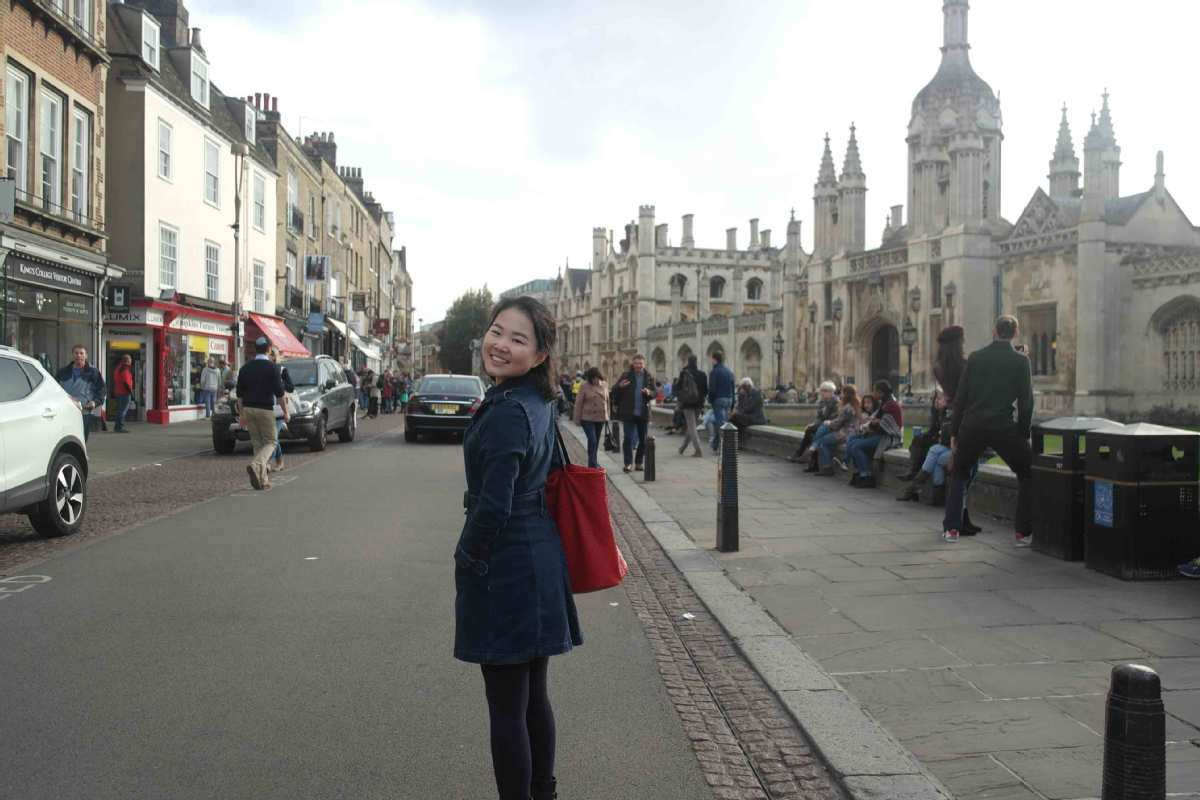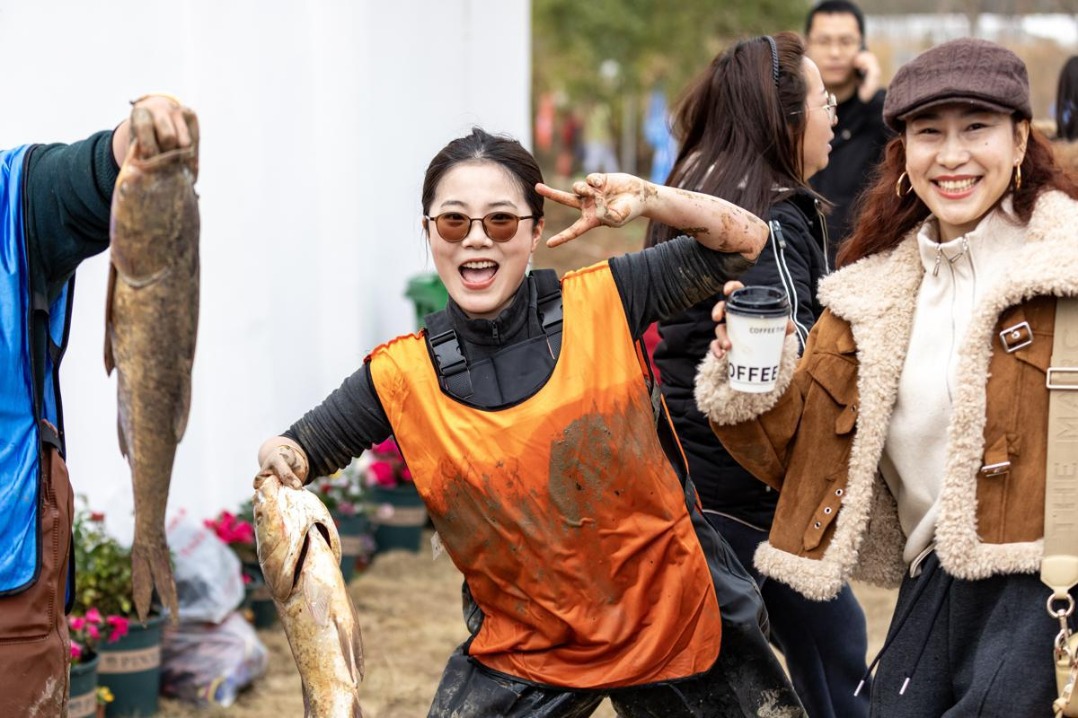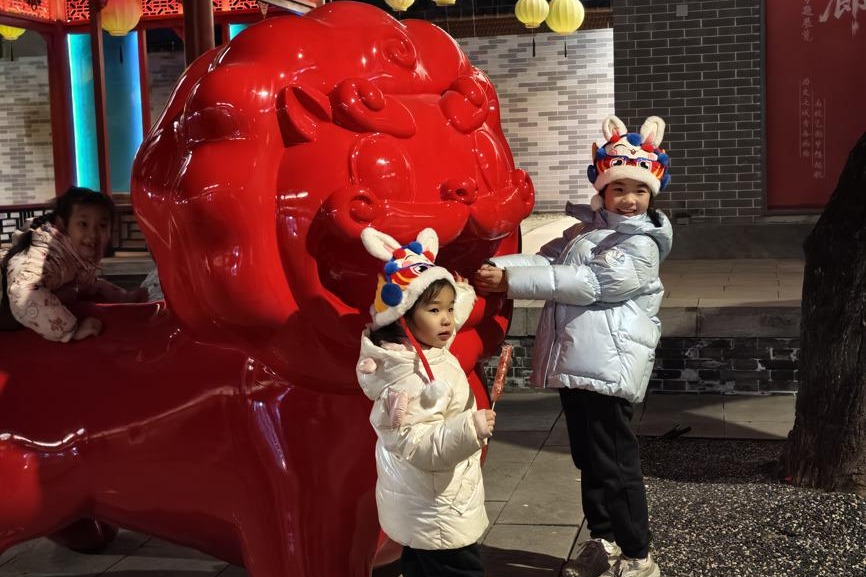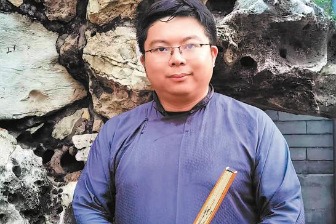The events that made our year

Relishing the chance to step out of my comfort zone
ZHANG YANGFEI

Semiconductor, photolithography, quantum computer, CRISPR, facial recognition and artificial intelligence.
Have no idea what these words or phrases mean? That's okay, because until recently, neither did I.
In January last year, I finished my graduate studies. In April, I started my first job as a cub reporter at China Daily.
Coming from a background in the arts and humanities, I was not technologically savvy and had never been interested in science. My poor scores in chemistry and biology in high school were the perfect excuse for me to accept my lack of talent in understanding scientific theories.
So when my editor told me to try reporting science and technology stories, I seriously doubted my capabilities.
"It's going to be very challenging, but fun," she said. I gasped quietly.
It turns out she was right. Reporting on science and technology has opened a window for me to peek into a wondrous world that is both puzzling and fascinating, and has tempted me to look deeper and farther.
I have learned why China lags behind in semiconductor manufacturing, and why high-tech companies are racking their brains to create smaller and smaller processors.
I am now aware of the areas of study in which China is a world-leader, and which remain bottlenecks.
I have learned how the police catch fugitives by using cameras to automatically track and scan faces in crowds, and I have seen a little robot walking, dancing, following people around and kicking a can that got in its way.
In less than a year of working, visiting academic institutions, talking with scientists and seeing technological achievements with my own eyes, I have gained more knowledge than in the previous 10 years of school and college.
I have also acquired background knowledge and a writing technique that will definitely benefit my career in the long run.
Reporting on technology not only requires me to understand basic scientific knowledge, but also the accurate and precise use of words and a smart way of communicating them to readers by using "human language", or regular phrases.
Readers often don't need to know exactly what this or that technology is or how it functions-they care more about where it will be applied and how it will affect their day-to-day lives.
I cannot say I am already proficient at writing technology stories, because there is still so much to learn and I am merely at the threshold.
But I feel very lucky that I am able to step out of my comfort zone, progressing every day by acquiring even a tiny bit of extra knowledge after I finish working on a story.
- Deepening of Sino-Finnish ties stressed
- Over 7.3 million people recorded as registered organ donation volunteers in China
- China says Nipah outbreak poses limited risk
- PLA's aerobatic jets arrive in Singapore to take part in air show
- China's garbage sorting drive still has a long way to go in many cities
- Former Chengdu official Bao Hui under investigation





































